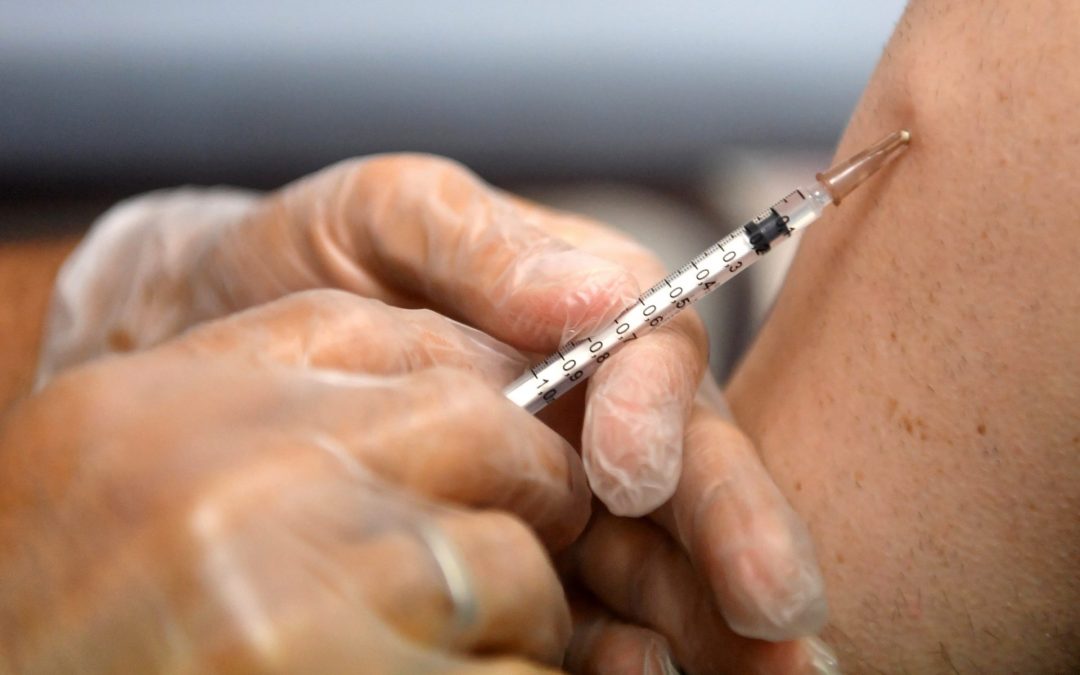The European Union (EU) Health Security Committee, which met this Monday due to the international health emergency caused by monkeypox, indicated that “border controls” are “not recommended” for the spread of monkeypox (mpox) as the risk in the EU is still “low”.
In light of the new international health alert from the World Health Organization (WHO) regarding new outbreaks of monkeypox in Africa and other countries, Spain’s Director General of Public Health, Pedro Gullón, participated this morning in the meeting of the European Union (EU) Health Security Committee, which concluded with recommendations very similar to those previously issued by the World Health Organization (WHO) and the European Centre for Disease Prevention and Control (ECDC).
Thus, it is considered that the risk of a spread of mpox to the general population of the EU is currently “low,” although it increases in populations with close contact with diagnosed cases and in especially vulnerable people, and “the appearance of more new cases imported into the EU cannot be ruled out”.
A total of 8,104 confirmed cases of mpox infection have been recorded in Spain since the beginning of the outbreak in 2022, making it the European country with the most people affected, followed by France (4,272) and the United Kingdom (3,866).
In 2024, up until August 8, a total of 264 cases of mpox have been reported, most of the cases being men with a median age of 37 years and born in Spain.
In this context, the Ministry of Health has reminded that the mpox cases detected this year in Spain “have not behaved differently, with other symptoms or different severity” from those experienced since 2022 and that Spain has experience with actions that have proven to be “effective” since the beginning of the outbreak.
In addition, it has assured that it has a stock of 500,000 monkeypox vaccines, which could be used at 1/5 of the dose intradermally and thus deployed in around two million doses, although they indicate that vaccination is not recommended for the general population.
Furthermore, the Ministry of Health pointed out that “there is the capacity to acquire new vaccines through joint EU procurement”.
 go to the original language article
go to the original language article
